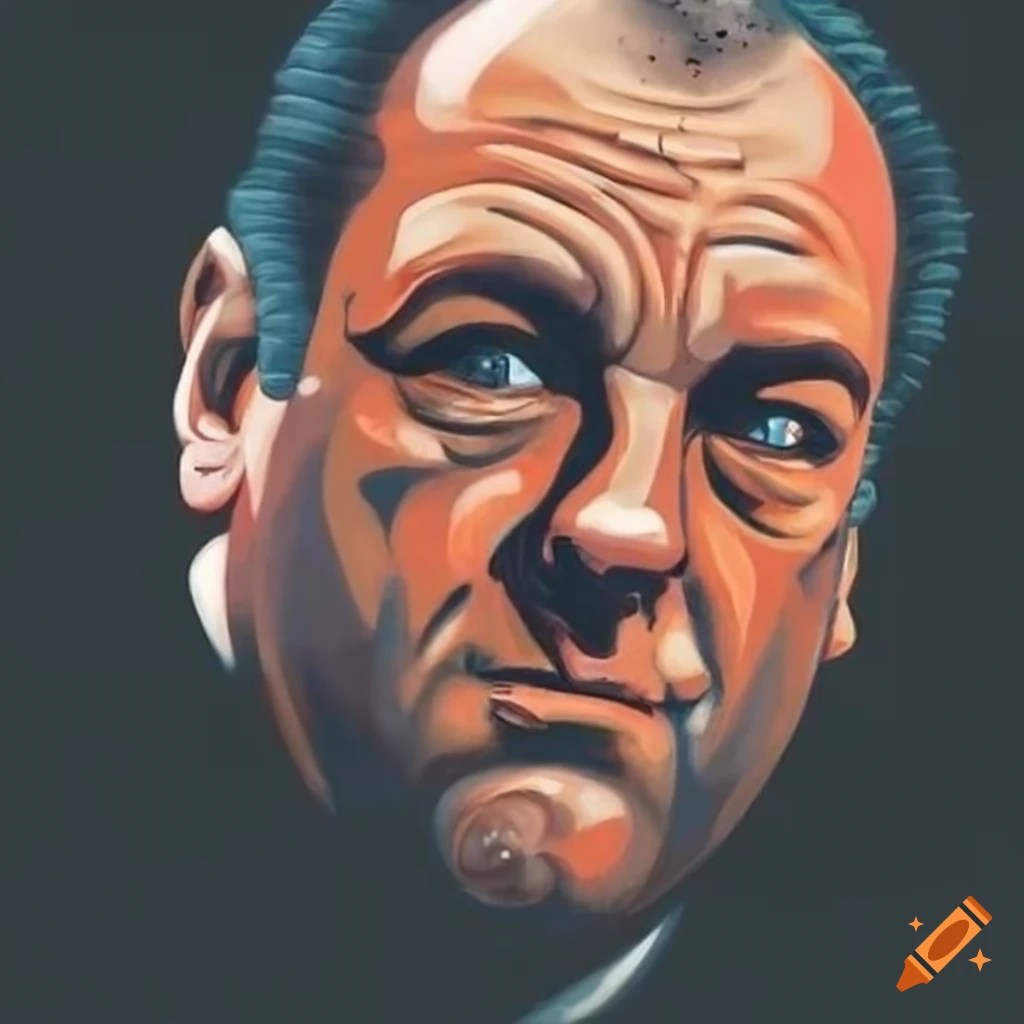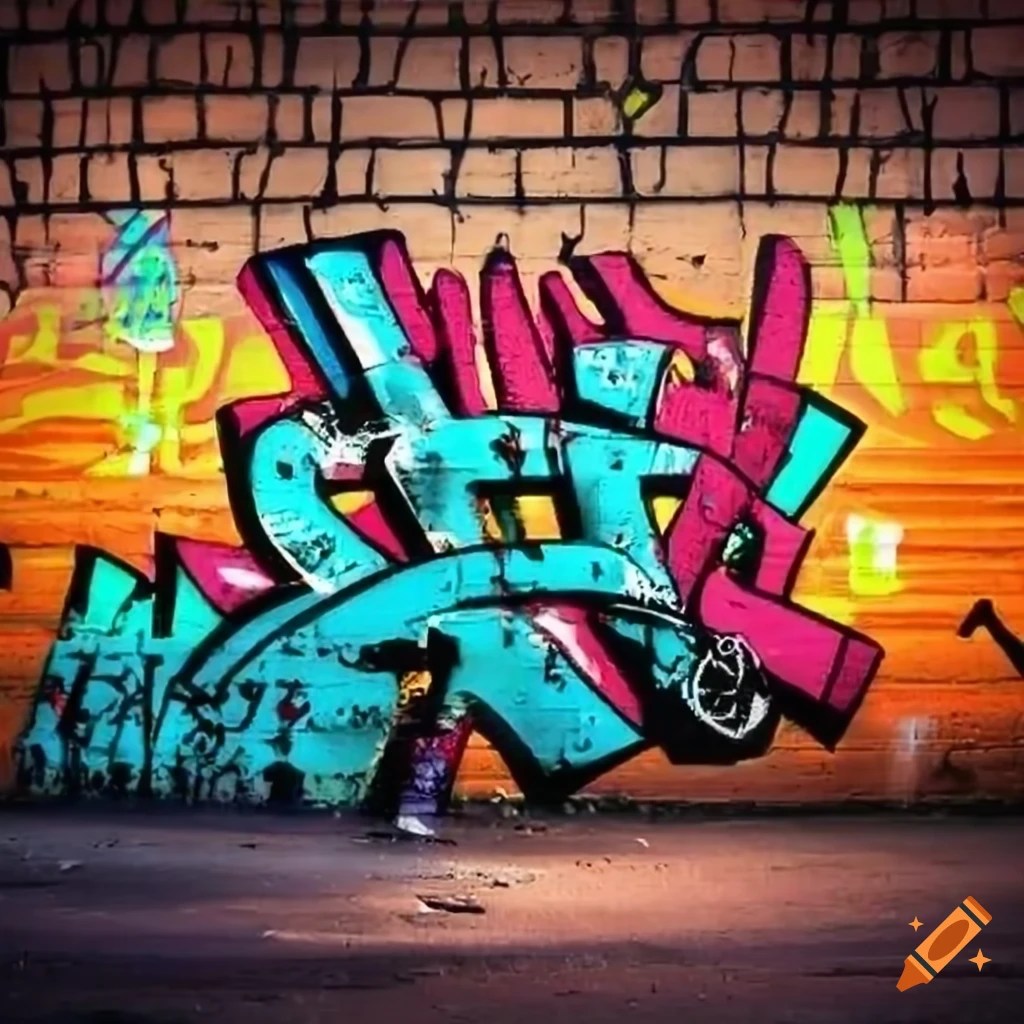Graffiti Preservation: Art or Vandalism?
Is spray paint art or a crime? The question of whether graffiti should be protected sparks heated debate. From ancient cave paintings to modern street art, humans have always felt the urge to mark their territory, express themselves, and leave their mark on the world. But where does artistic expression end and vandalism begin? This article delves into the complexities of graffiti preservation, examining the arguments for and against its protection.
The preservation of graffiti as an art form is gaining traction. Many argue that certain pieces of graffiti possess undeniable artistic merit, showcasing creativity, skill, and social commentary. The vibrant colors, intricate designs, and powerful messages conveyed through graffiti can transform urban landscapes, adding a layer of cultural richness and visual stimulation to otherwise drab environments. However, the unauthorized nature of graffiti often clashes with property rights and the perception of public order.
The history of graffiti is as old as civilization itself. From ancient Roman inscriptions to the modern-day murals that grace (or deface) city walls, the impulse to leave a mark has persisted through the ages. The rise of hip-hop culture in the late 20th century brought graffiti into the mainstream, with artists using spray paint as a tool for self-expression and social commentary. This evolution has further blurred the lines between vandalism and art, adding another layer to the debate of whether graffiti should be preserved.
The arguments for graffiti preservation often center around its artistic value and cultural significance. Proponents argue that graffiti represents a unique form of urban art, reflecting the social and political climate of its time. Preserving significant graffiti pieces, they say, allows us to document and understand these cultural expressions. The ephemeral nature of graffiti adds to its allure, making its preservation even more crucial for capturing a fleeting moment in time.
However, the act of creating graffiti without permission raises concerns about property rights and public order. Building owners often view graffiti as vandalism, a defacement of their property that requires costly removal. Furthermore, some argue that graffiti contributes to a sense of urban decay and encourages further acts of vandalism. Balancing the artistic merit of graffiti with the rights of property owners and the maintenance of public spaces presents a complex challenge.
Several cities have experimented with designated graffiti zones, providing legal spaces for artists to express themselves. Berlin's East Side Gallery, a preserved section of the Berlin Wall covered in graffiti, stands as a powerful example of successful graffiti preservation. This site has become a popular tourist destination, demonstrating the potential for graffiti to attract visitors and generate revenue.
Benefits of protecting graffiti include documenting social history, fostering artistic expression, and revitalizing urban spaces. For example, preserving politically charged graffiti can offer valuable insights into historical social movements. Providing legal spaces for graffiti encourages emerging artists and can transform neglected areas into vibrant cultural hubs.
Advantages and Disadvantages of Graffiti Preservation
| Advantages | Disadvantages |
|---|---|
| Cultural enrichment and artistic expression | Property damage and costs of removal |
| Documentation of social and political history | Potential association with crime and vandalism |
| Revitalization of urban spaces and tourism potential | Challenges in determining which graffiti to protect |
Best practices for graffiti preservation include community involvement, establishing clear guidelines, and creating designated graffiti areas. Engaging the community ensures that preservation efforts align with local values. Clear guidelines help distinguish between art and vandalism, while designated areas provide legal spaces for artistic expression.
Frequently Asked Questions:
1. Is all graffiti considered art? No, while some graffiti demonstrates artistic skill and social commentary, tagging and vandalism are not generally considered art.
2. Who decides what graffiti is worth preserving? This is a complex issue often involving community input, art experts, and property owners.
In conclusion, the question of whether graffiti should be protected is a complex one with no easy answers. Balancing the artistic merit of graffiti with the rights of property owners and the maintenance of public order presents a continuous challenge. However, recognizing the potential of graffiti to enrich our cultural landscape and document our social history is crucial. By engaging in thoughtful dialogue and implementing responsible preservation strategies, we can navigate the complexities of graffiti and appreciate its potential as a powerful form of artistic expression. Moving forward, it is essential to foster open communication between artists, property owners, and community members to create environments where art and public spaces can coexist harmoniously. We must encourage the responsible creation and preservation of graffiti while discouraging vandalism and respecting the rights of property owners. Only then can we fully realize the potential of graffiti as a vibrant and meaningful form of artistic expression.
Atlanta power outages today what you need to know
Unlocking the secrets of borax understanding its molecular formula
Unlocking your minimum wage potential














